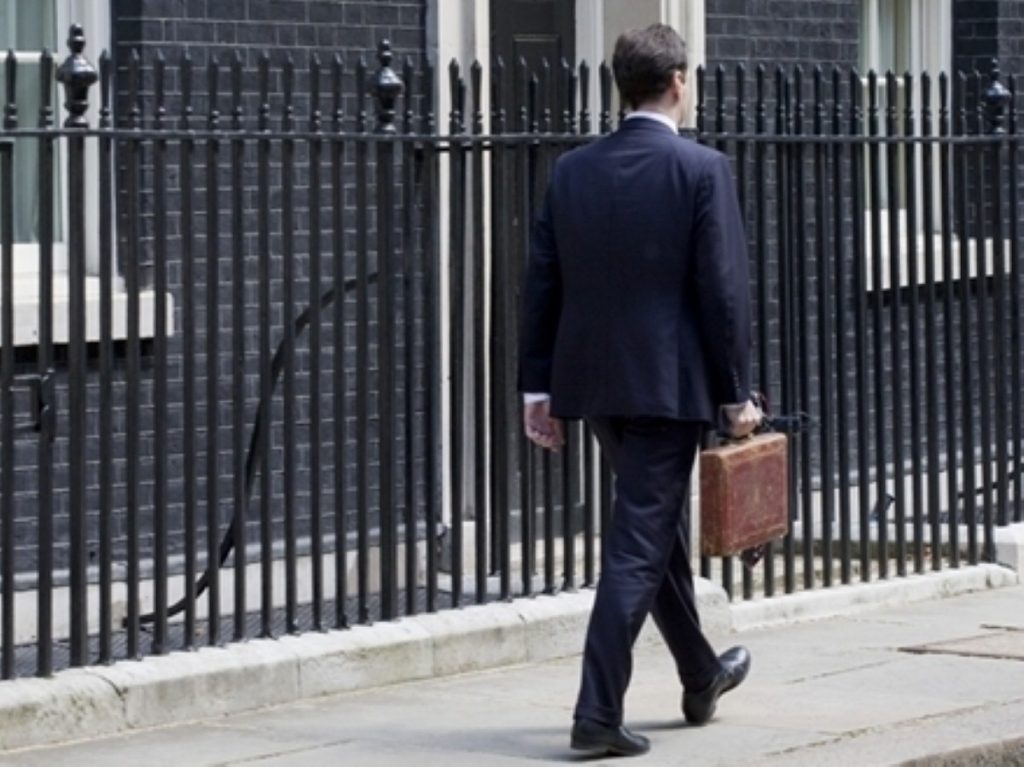One too many Budgets: Osborne told to quit his addiction
The chancellor needs to stop using the autumn statement as a second Budget, an influential committee of MPs said today.
The Treasury committee warned the chancellor had become increasingly addicted to having what amounted to two Budgets a year – a move which MPs claim has created extra economic uncertainty.
"The autumn statement is not, nor should it be, a second Budget. In recent years it has come to read like one," committee chairman Andrew Tyrie, said.
"The case for two Budgets is weak. An additional one can create uncertainty and carries an economic cost. Only in an emergency would it be likely to carry long-term benefit.


"The primacy of the Budget as the main focus of fiscal and economic policy making should be re-established."
The autumn statement gives Osborne a little wriggle room in an economic policy which is often attacked for causing Britain's lethargic economy.
But 2012 saw the chancellor use the autumn statement for the cruder goal of making up for his actual Budget, where a series of increasingly embarrassing proposals saw his reputation take a battering.
The autumn statement was far better received, but was treated by the media with about as much seriousness as the Budget itself, leading to some consternation from parliamentary observers.
MPs also demanded more time to scrutinise the finance bill – the legislative vehicle for Budget policies – particularly between second reading and the committee of the whole House.
"The time provided in 2012 fell well short of what was required," Tyrie complained.
The Treasury is unlikely to want to extend the amount of time MPs can spend picking holes in the finance bill given it was scrutiny of the 2012 Budget which led to the phrase 'omnishambles' becoming synonymous with the government.

